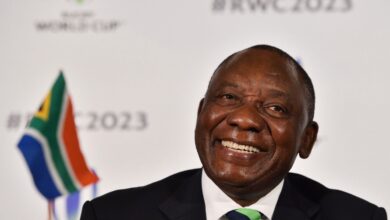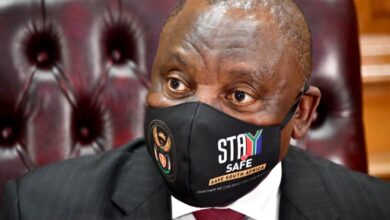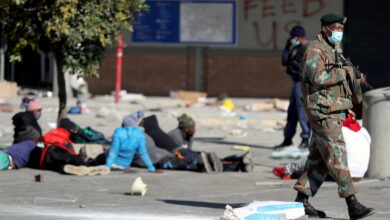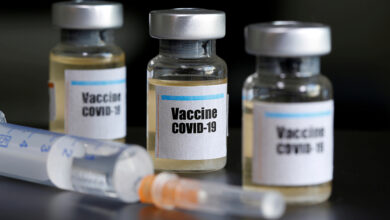South Africa
South African President Announces 21 Days Lockdown To Contain Coronavirus Spread

Amid coronavirus cases increasing at an alarming rate, the South African government has ordered a nationwide lockdown for 21 days from midnight on Thursday in a bid to contain the outbreak, reported Reuters.
President Cyril Ramaphosa made the announcement on Monday, as the number of confirmed cases jumped by 128 to 402. According to figures released by the government health ministry, more than half of South Africa’s total cases are in Gauteng province, which includes Johannesburg and Pretoria.
In an address to the nation, Mr. Ramaphosa said the country needed some urgent and dramatic measures to escalate its response to curb the spread of infection.
“From midnight on Thursday 26 March until midnight on Thursday 16 April, all South Africans will have to stay at home,” the South African president said.
He added that during the lockdown period, people would still be able to leave their homes to seek medical care, buy food or collect a social grant.
“While this measure will have a considerable impact on people’s livelihoods, on the life of our society and on our economy, the human cost of delaying this action would be far, far greater,” Mr. Ramaphosa warned.
Notably, those who are exempt from the lockdown include health workers, emergency personnel and security services. All shops and businesses will be shut down for the next 21 days except for pharmacies, laboratories, banks, supermarkets, petrol stations, the Johannesburg Stock Exchange, and healthcare providers.
The government has decided to deploy soldiers on the streets to support the police and ensure the strict enforcement of the new lockdown rules. All international travelers who entered South Africa after March 9 from coronavirus affected countries will be made to stay in isolation in their hotels until they have completed a 14-day period of quarantine.
The South African president also revealed about the government’s first phase of economic response that would include assisting businesses in distress and a package of over 3 billion rand ($170 million) of funding for industrial firms.






